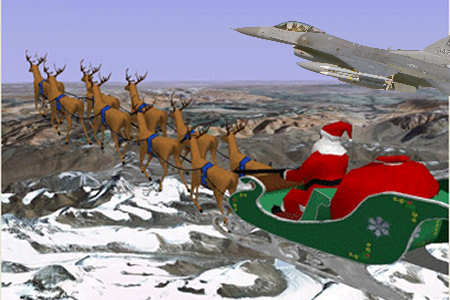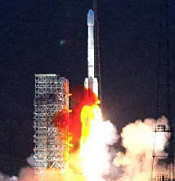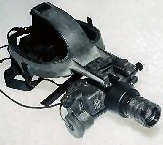
A spokesman for the Treasury Department’s Office of Foreign Assets Control (“OFAC”) told Export Law Blog this morning that discussions between OFAC and the North Pole over Santa Claus’s Christmas Eve itinerary had broken down and were not expected to be resumed before Santa’s scheduled departure on December 24 at 10 pm EST.
The dispute arose from a dilemma that the U.S. sanctions against Cuba posed for Santa’s planned delivery of toys to children in Cuba. If Santa delivers toys for U.S. children first, there will be toys destined for Cuba in the sleigh in violation of 31 C.F.R. § 515.207(b). That rule prohibits Santa’s sleigh from entering the United States with “goods in which Cuba or a Cuban national has an interest.” On the other hand, if Santa delivers the toys to Cuban children first, then 31 C.F.R. § 515.207(a) prohibits the sleigh from entering the United States and “unloading freight for a period of 180 days from the date the vessel departed from a port or place in Cuba.”
A press release from the North Pole announced that the OFAC rules left Santa no choice but to bypass the children of the United States this Christmas. A spokesman from OFAC warned that if Santa attempted to overfly the United States, his sleigh would be forced to land and his cargo seized. He continued:
We know that the outcome is harsh, but we cannot allow Fidel Castro’s regime to continue to be propped up by Santa’s annual delivery of valuable Christmas toys to Cuban children.
Congressional leaders had left for the holiday recess and could not be contacted for comment.

 Posted by
Posted by  Category:
Category: 


 Looking at the title of
Looking at the title of  According to an
According to an  Three naturalized U.S. citizens, Dan Tran Dang, Liem Duc Huynh, and George Ngoc Bui were recently
Three naturalized U.S. citizens, Dan Tran Dang, Liem Duc Huynh, and George Ngoc Bui were recently 

